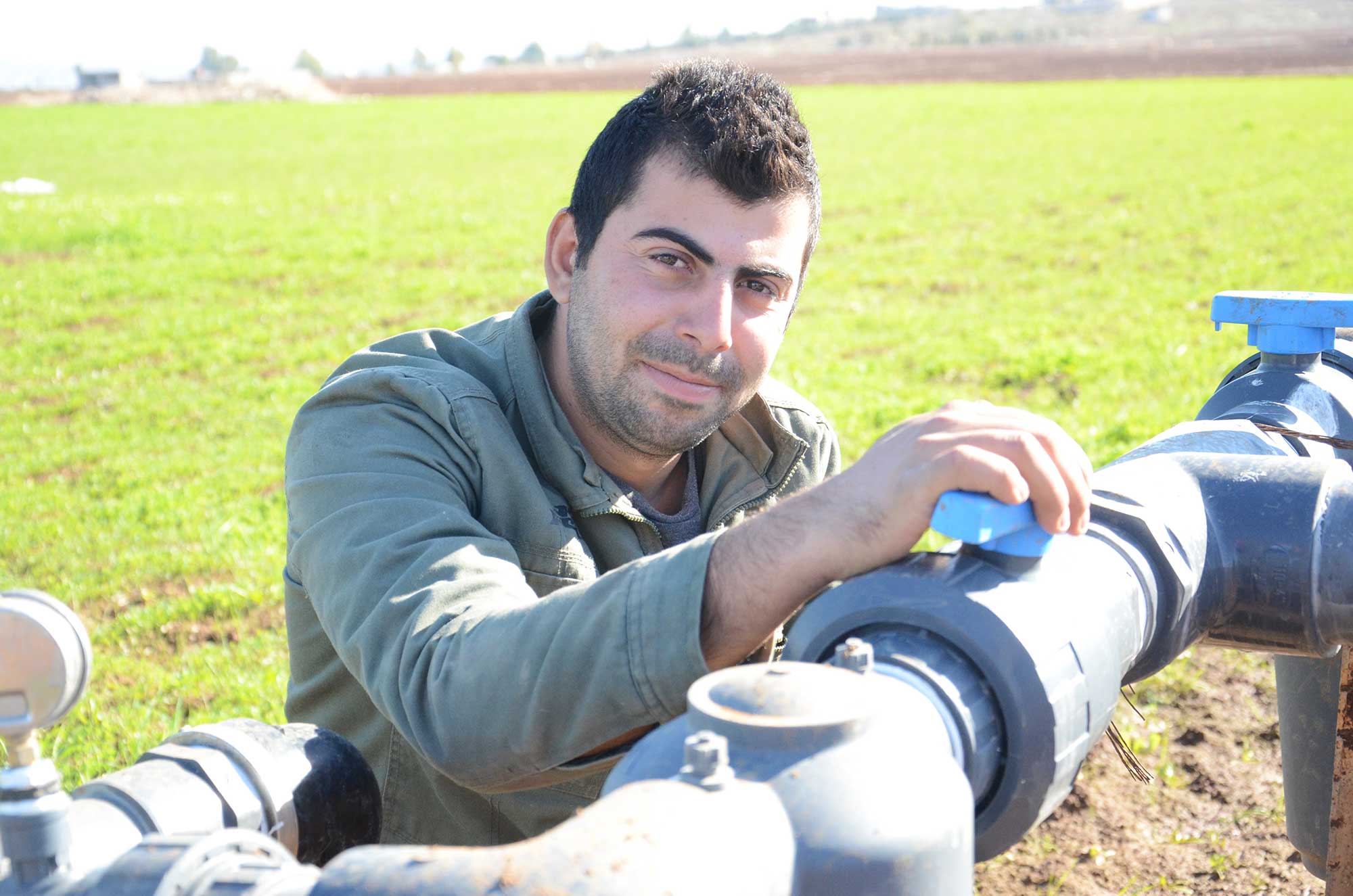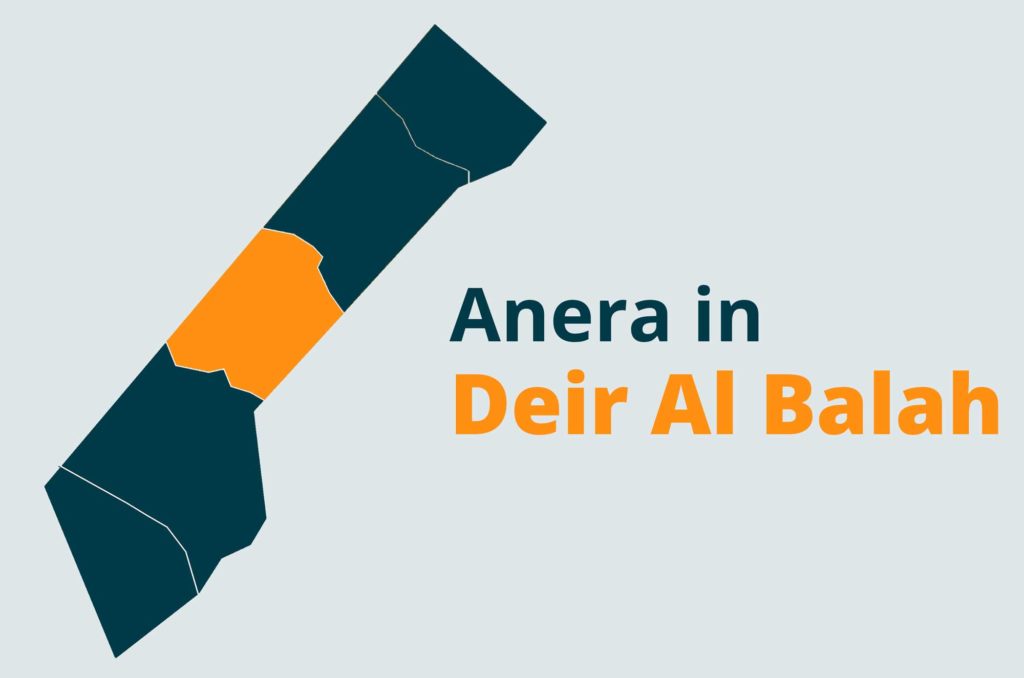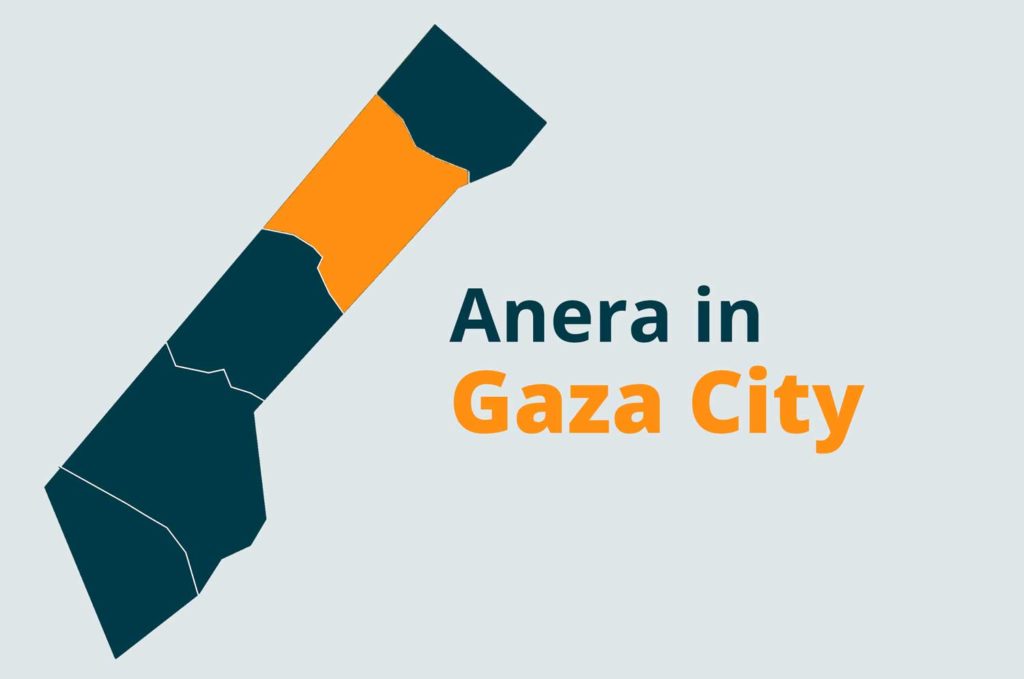Jan, 2016
Ahmad Fayyad’s land in northern West Bank was once arid and uncultivated, but now it’s coming to life.
Glistening in the sun, a thin carpet of luscious green alfalfa has brought a ray of hope to Palestinian farmers like Ahmad and his family of 13.
His wife Nujood, 41, is the dynamo of the family. Every morning, she wakes up at dawn to kneed fresh dough to prepare breakfast. Then she cleans and takes care of all the household chores before heading out to look after the livestock. She milks the herd of 500 sheep, feeds them and makes sure they are healthy. The family relies on the herd for their milk and meat. Nujood has been the sheep’s primary caretaker since Ahmad and she married 23 years ago.


Ahmad learned animal rearing from his father, but his involvement in farming is relatively recent. Together with his family, he grows vegetables like spinach, cabbage, cauliflower and cucumbers. Watering is a huge challenge for them, even with a nearby well. Often they had to buy expensive tankered water to irrigate their crops. They also had to pay for pricey, imported fodder to feed their sheep.
Fayyad Family Moves Toward Self-Sufficiency
Now that Ahmed is part of Anera’s Water Reuse Program, he doesn’t have to worry about buying water or fodder. Through the program, a newly formed cooperative oversees the distribution of treated wastewater to be used in irrigation. New infrastructure, training and the introduction of fodder crops helps farmers cultivate their land and maintain self-sufficiency.
“I recently planted around 66 dunums [16 acres] of alfalfa,” Ahmed says. “This crop will help us feed our entire herd all year without relying on imported fodder or paying for irrigation water.” He continues, “It is of excellent quality, and I am sure it will have a positive effect on our animal rearing business for years to come.”
In the Fayad family, everyone is engaged in keeping the farm running. Like Nujood, the girls help out with the livestock whenever they can, and the boys are often out in the fields with Ahmad. But education is a priority for the children. Ahmad and Nujood have proudly sent three of their oldest children to Al-Quds Open University to earn degrees.
With many mouths to feed and young minds to educate, Ahmad is happy with where this journey has taken him. He hopes that one day he can pass the tradition of Palestinian agriculture over to his children and grandchildren.






